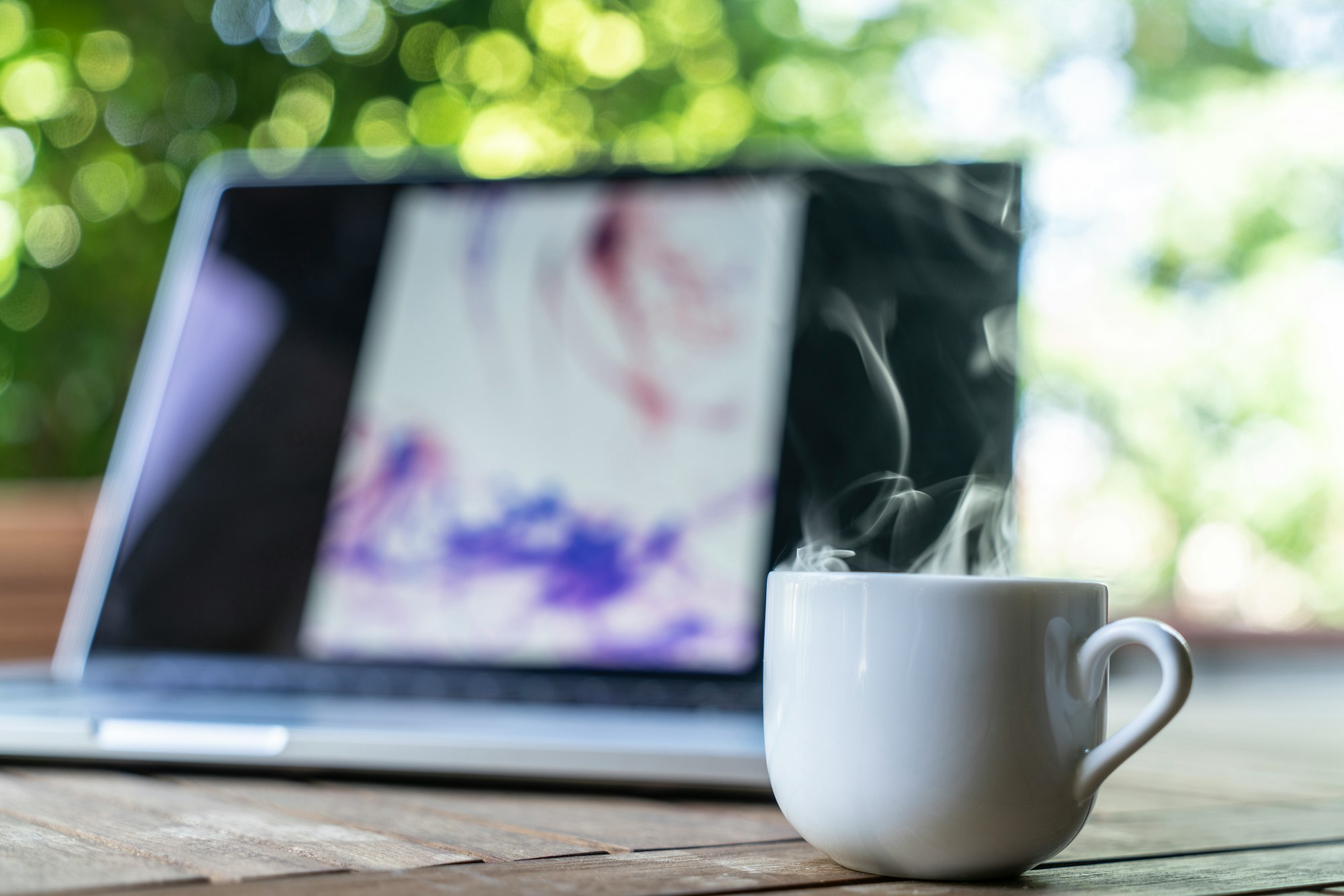Most students take study leaves to cover the syllabus and revise difficult sections of the syllabus. Though study leaves provide ample time, they can also be tricky, as no one is present to supervise your progress. To utilise a study leave well, you must follow certain study leave rules. Here are some tips for a fruitful study leave.
Making a schedule
Studying with a proper schedule will allow you to manage your time well. Allocate specific portions of time to each subject depending on its difficulty level, the extent of the syllabus, etc.
Avoid picking up subjects in tandem because it results in a lack of concentration, and it can also become difficult to manage.
The worry of not completing the syllabus on time is another disadvantage of studying without a timetable. With a schedule in place, you can ensure that you maintain progress in the various subjects, focus on syllabus completion and avoid the monotony and boredom of studying a single subject for long hours.
Taking regular breaks
Taking periodic breaks is essential to avoid getting worked up while studying. Studying for several hours at a stretch can pressure on the mind.
An effective way to do this is to incorporate regular breaks into the study schedule. Doing this will help you avoid taking too many or too long breaks, which can be highly distracting and make it difficult to focus when it is time to resume studies.
While it is necessary to release this stress, it is also essential to make productive use of the limited time available. Decide what to do during those breaks in advance. Listening to music, walking, taking small naps, etc., can be beneficial.
Studying can make the eyes tired. You could use your breaks to close your eyes and even take a power nap. A power nap means sleeping deeply for a short span. Power naps enhance memory, boost alertness, and enhance cognitive and reasoning skills. Avoid long naps because they disrupt the circadian rhythm and result in mental fatigue. Ideally, a power nap should be 20 to 30 minutes long.
Avoid screen-based activities like watching videos, surfing the Internet, playing video games, etc. They result in mental fatigue and can tire the eyes further.
Drinking water
Drinking sufficient water while studying is also essential. Keeping the body hydrated prevents it from getting tired. Keep a bottle within reach while studying.
Avoid drinking carbonated soft drinks as they can make you feel thirsty more often, and they can be harmful to your health.
You should also avoid eating junk food and overeating as it may make you feel lazy or lethargic. If you need to study late at night, drinking a cup of coffee can be useful. The presence of caffeine keeps the mind active for a long time.
Avoiding interpersonal issues
Interpersonal problems like a fight with a sibling over something trivial, a dispute with a friend or any other such issues can disrupt your study leave because they have a negative impact on the mind. They also act as distractions or disturbances in your studies. Try to avoid such interactions and remain calm for the duration of your study leave.
Studying in an uncluttered space
An uncluttered or clear space is a must for focused studying during a study leave. Too many things around can be distracting or leave you feeling restless. If possible, try to create a classroom-like setup with a study table and a clean desk. Also, make sure you keep things like study notes, pen, pencil, rubber, etc., nearby so that, if required, you won’t have to waste time looking for them every time you need them.
Choosing a study mate
Sometimes, studying alone can be difficult for students who are used to studying with their friends and classmates at school or in a tuition class. In such a case, you can choose a study mate who can study with you.
However, be careful while choosing a study mate—the wrong choice can waste time and effort. For example, if your study mate is your best friend or someone who is not serious about studying can hamper productivity as you might get distracted chatting about unrelated or personal matters frequently.
Picking a study mate who is disciplined and serious about making the most of study leave and can follow all the study leave rules can work wonders.
Eliminating the distractions
One of the most important study leave rules is to eliminate all distractions. Switch off the television and avoid using smartphones and other digital devices while studying. If you are studying on a digital device, make sure you have only the study-related pages or applications open.
Focusing on weaker subjects
Focusing on weaker subjects can be the best way to utilise your study leave. Sometimes, you may be tempted to revise the easier subjects first. While revising the easier subjects can be motivating, devoting too much time to them can use up the energy and reasoning ability that could have helped you grasp the difficult part of the syllabus. So try to master the weaker subjects before revising the familiar ones.
Avoid panicking
Avoid panicking while studying. For instance, you should not focus on the syllabus that is left to revise, the limited time at hand, and other factors you cannot control. Instead, try to remain motivated and use your energy to complete the syllabus within the limited time.
Following these tips will help you make the most out of study leaves. Happy Learning!
Educational institutes can use Teachmint Integrated School Platform for improving the teaching-learning process. With our advanced learning management system, you can improve the teaching-learning experience. Our offerings like education erp, admission management system, fee management system, and others conveniently digitize educational institutions.
Suggested Read: 5 Benefits of Having a Ph.D. in Education






